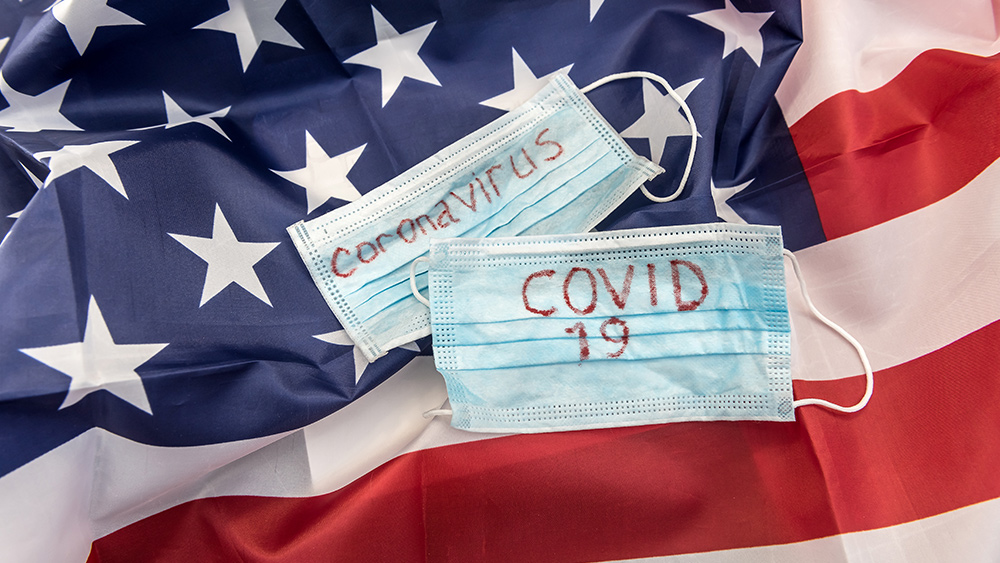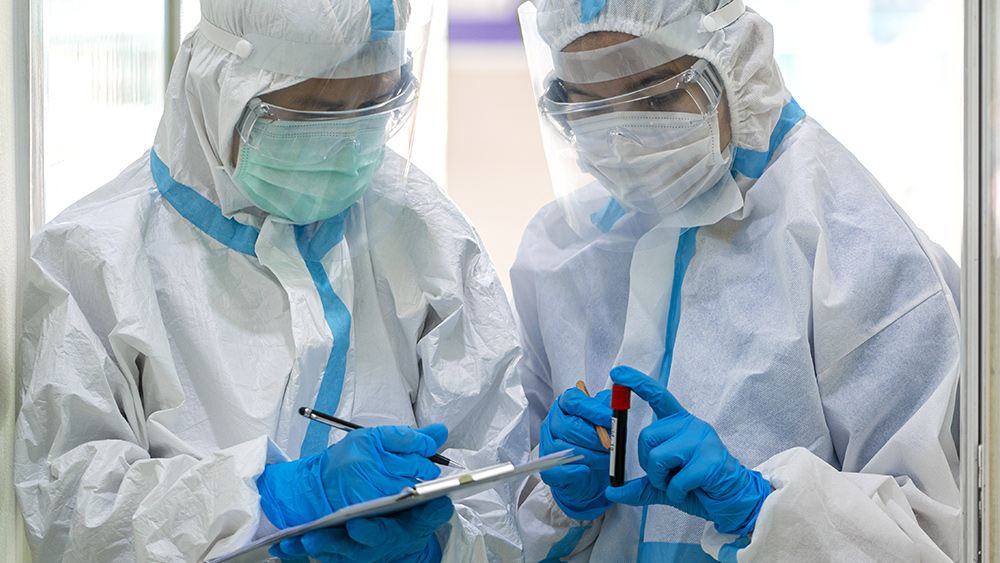Don’t trust the science part 1
12/20/2022 / By News Editors

When a scientific study goes against your basic understanding of the world, do you blindly follow, or raise questions?
(Article by Doc Anarchy republished from DocAnarchy.Substack.com)
If you answered the former, you’re qualified to be a physician. If you answered the latter, you’re qualified to read the Doc Anarchy Substack.
For 3 years, we have been flooded with frantic calls to “follow the science” and “trust the science.”
Setting aside the fact that this statement is unscientific, it also happens to be a convenient way to keep the masses quiet and compliant. The image of a genius in a white coat, toiling away in a well-lit lab, fixing all the world’s problems makes people feel good.
It’s a lie. Anyone in academia knows it works nothing like this. Academia is all about securing funding. Without funding, you don’t have a job.
When mutual interests align, it opens the door for corruption. The scientist needs money and the company needs someone to prove their product works, so they can make money. This phenomenon is rampant in healthcare.
In this series of articles, we will go through some of the most prominent examples. Exposing the funding sources alone doesn’t make the studies we discuss wrong. It is simply a strong signal that you need to look closer.
UK Prospective Diabetes Study (UKPDS) Group
This landmark study transformed the way we treat diabetes across the globe. It was published in 1999 in Lancet, one of the most prestigious medical journals in the world. The impact of this study cannot be overstated.
The study can be found here.
Authors were aware of the risks of microvascular damage from diabetes mellitus. The purpose of the study was to determine if aggressive blood glucose control with medication was superior to conservative therapy, meaning lifestyle modifications.
Before we dig into the study, let’s see if this passes the sniff test.
Does any physician really believe that taking a pill every day will improve diabetes more than weight loss, improved diet, and exercise? Really?
Of course, it should be clear the purpose of this study was to reach a particular outcome. And that’s exactly what it did.
The study showed that close control of blood glucose using sulfonylurea drugs, metformin, and insulin was superior to conservative therapy when it comes to microvascular complications but not macrovascular complications.
Microvascular complications include anything involving small (micro) vessels (vascular). This means retinal damage, neuropathy, kidney damage, and so on.
Macrovascular complications refer to injury from large vessels. This means strokes, heart disease, and poor circulation in the extremities.
Even though the study only showed a difference in microvascular complications with intense medication therapy, the results were used to sell an insane amount of drugs. Sulfonylureas, insulin, and metformin became the mainstream therapy for diabetes. Maybe they helped prevent or delay microvascular complications in some people, but they also caused harm.
Sulfonylureas are no longer used as a primary treatment for diabetes. They increase the risk of hypoglycemic (low blood sugar) events, which can be deadly. They also increase the risk of hypertension, which causes macrovascular and microvascular damage. Oh, and they also cause weight gain (due to increased insulin release) which carries many other risks.
Insulin is a hormone the body produces naturally. The body regulates the release of insulin tightly from moment to moment. That is not how it’s treated when prescribed. Doctors update the dose every 3 months if you’re lucky. People have a hard time calculating the dose they should be administering. It’s a very difficult drug to take and prescribe.
Metformin is an old drug. It’s derived from a plant and has been tested on multiple different medical conditions. One of the problems with metformin use is lactic acidosis. This was especially common many years ago. Fortunately, it is prescribed more safely nowadays.
If the risks listed above were the only factor to consider, it would be understandable why the study came to the conclusion it did. But we must also take into consideration the upside.
Read more at: DocAnarchy.Substack.com
Submit a correction >>
Tagged Under:
Big Pharma, blood sugar, diabetes science, health science, insulin, metformin, pharmaceutical fraud, Prescription drugs, research, science deception, science fraud, Sulfonylureas, truth, UKPDS
This article may contain statements that reflect the opinion of the author
RECENT NEWS & ARTICLES
ScienceDeception.com is a fact-based public education website published by Science Deception Features, LLC.
All content copyright © 2018 by Science Deception Features, LLC.
Contact Us with Tips or Corrections
All trademarks, registered trademarks and servicemarks mentioned on this site are the property of their respective owners.





















